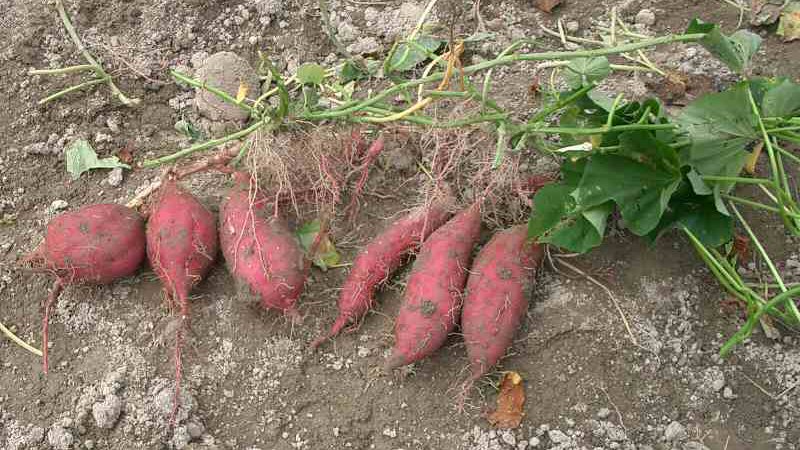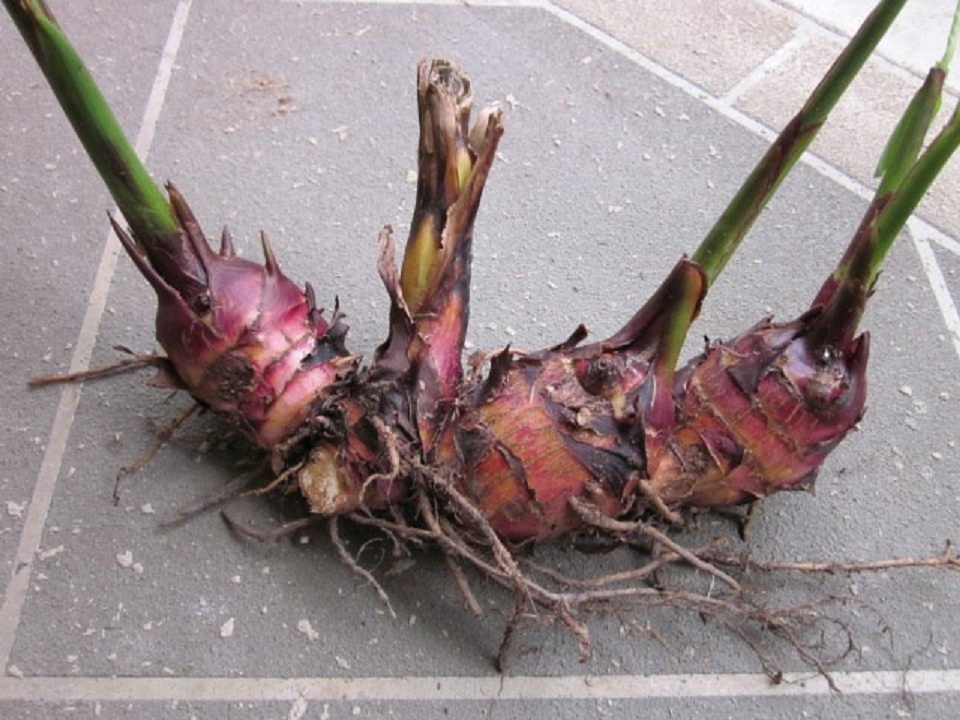Modification of root
Modifications of plants modified into various form to carry out some special functions.
Basically 2 types of modifications
1) Modifications of Tap root
Fleshy or storage tap roots :-
In some plant, the tap root along with hypocotyl become aswollen or fleshy due to food storage. Here secondary root remain thin. They may assume various shapes such as
1) Fusiform
2) Napiform
3) Conical
4) Tuberous
| Fusiform | Napiform | Conical | Tuberous |
|---|---|---|---|
| Tap root becomes spindle shaped. swollen at middle and gradually tapering at both ends e.g. Radish | Tap root becomes top-like or almost spherical that tapers sharply towards the lower end Turnip , sugar-beet | Tap root becomes cone shaped, broad at the base and gradually tapers towards the apex Carrot | Tap root becomes fleshy without any definite shape e.g. Mirabilis |
|  |
2) Tap root for vital functions
1) Modulated
2) Respiratoty
3) Pneumatophores
| Modulated or tuberculated roots | Reproductive | Pneumatophoes or respiratory roots |
|---|---|---|
| Tap root bears irregular swellings called Root nodules or tubercules .These tubercules contain N² fixing bacteria (rhizobium) e.g. roots of leguminous plants , pea gram soyabean | The tap root and their branches bear adventitious buds for development of new plants.Dalbergia sisso (shisham) | These are aerial, negatively geotropic roots that arise from horizontal branches of tap root. It bears Lenticles or pneumathodes near tips for gas exchange eg- mangrove plants like - rhizophora , heritiera |
 Modulated root of groundnut | reproductive root of dalbergia | respiratory roots of rhizophora plant |
Modifications of adventitious roots
Food storage
1) Nodules
2) Tuberous
3) Fasciculated
4) Palmate
5) Annulated
6) Moniliform/Beaded
| Nodulose | Tuberous | Fasciculated |
|---|---|---|
| Roots are swollen only near the tips e.g. maranta (arrow root) , curcuma amanda (mango ginger), turmeric etc. | Swollen adventitious root without any definite shape. They occur singly eg- Ipomea batatas (sweet potato) | They are clustures of tuberous roots arise from the base of the stem Dahlia , Aspargus |
Curcuma root |  roots of ipomea (sweet potato) |  Dahlia root image |
| Palmate | Annulated | Moniliform / Beaded |
|---|---|---|
| Swollen adventitious roots that assume like a human palm e.g. Orchids lantifoila (orchids) | Roots are swollen through their length like a stalk of rings or discs Carphaelis (ipecac) | Roots swollen at regular intervals giving a beaded appearancee.g. Monor dica (bitter gourd) , Basella (spinach) |
Plamate root of anorchid |  root of ipecac | momordica roots |
2. For mechanical support
1) Floating roots
2) Climbing roots
3) Stilt roots
4) Buttress or Plank roots
5) Prop or pillar roots
6) Contractile roots
| Floating | Climbing | Stilt |
|---|---|---|
| Roots are spongy store air and arise from the node. It helps in buoyancy and gas exchange e.g. Jussiaea | Adventitious roots arise from nodes (ex- betal) Internodes helps in climbing upon support eg- Ivy | Adventitious roots grow obliquely from basal nodes of stem. Provide additional support for absorptione.g. Screw pine , sugarcane, maize , milet etc. |
floating roots |  roots of betal | stilt root example |
| Buttress | Prop | Contractile |
|---|---|---|
| The roots are laterally compressed and plank-like arise from basal parts of stem and spread in various direction e.g. Pipal , almond | Adventitious roots arise from horizontal aerial branches. Grow vertically downwards and penetrate the soil. Ficus (banyan) | Adventitious root arise from the underground stem which can contract to bring the stem at a proper level in the soile.g. Crocus , canna |
root of ficus religiosa |  root of Banyan tree |  momordica roots |
For Vital functions
1) Sucking ,parasitic
2) Epiphytic
3) Assimilatory
| Sucking , Parasitic | Epiphytic | Assimilatory |
|---|---|---|
| Adventitious roots penetrate the host plants and absorb nutrients through them e.g. Cuscuta | Aerial roots of epiphytes having special tissue called velamen for absorbing moisture from air. Hence they are hydyoscopic Vanda | Aerial adventitious roots that become green and carry out photosyathesis Trapa , Tinospora |
Cuscutta roots |
Vanda root | Trapa root |
All notes is posted by ABC.Ek (student of Hitech college of pharmacy) Subscribe to learn more comment below with your ideas |


Post a Comment
0 Comments